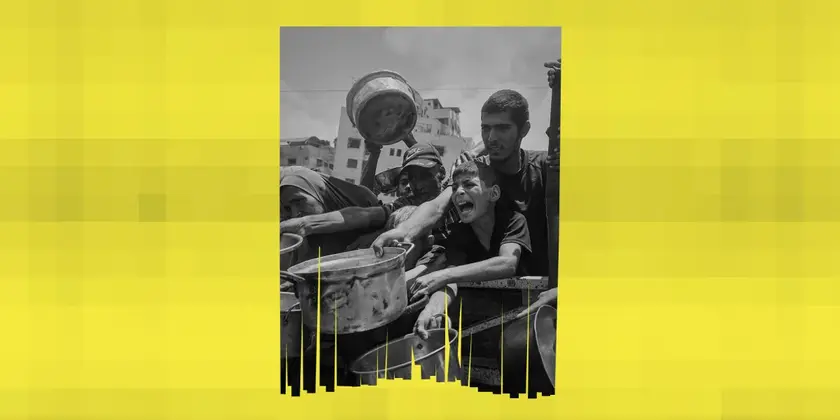T4K3.news
Record asylum claims dominate front pages
New asylum figures and a TV show reshuffle shape Friday's UK papers, with policy debates intensifying alongside entertainment news.
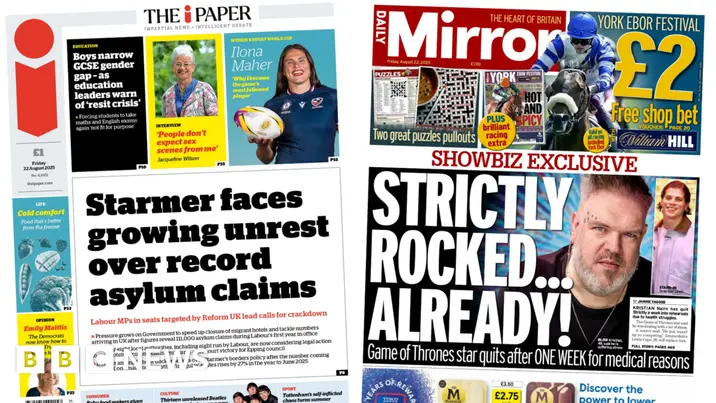
New asylum figures and a TV show reshuffle shape Friday's UK papers, highlighting tensions between policy and public mood.
Record asylum claims dominate front pages as immigration debate heats up
Several front pages highlight a surge in asylum applications, with figures showing 111,000 people seeking asylum last year, a 14% rise from the previous year. The coverage notes the backlog has fallen below 100,000 for the first time in four years, while more than 32,000 asylum seekers are staying in hotels. The reports also flag that 28 local authorities, including Labour-run authorities, are considering legal action over asylum hotels. The stories illustrate a political landscape where policy promises clash with on the ground pressures.
Entertainment pages report a shake up at Strictly Come Dancing, with Game of Thrones actor Kristian Nairn quitting after a week for medical reasons and being replaced by Lewis Cope. Other papers note debates about AI, including a Times line about rising concerns over AI psychosis and beliefs that chatbots are sentient. War coverage is prominent too, with the Guardian reporting that a large share of Gaza war deaths are civilians, a figure the Israeli military disputes. The Financial Times also reports Liberty Steel's insolvency, while Metro tracks planned anti-immigration protests for the weekend.
Key Takeaways
"faces growing unrest over record asylum claims"
i Paper on Starmer facing unrest over asylum claims
"people don't expect sex scenes from me"
Jacqueline Wilson interview front page
"83% of Gaza war dead are civilians"
Guardian reporting on civilian casualties
"Labour's day of shame"
Express front page on migrants
These front pages show how numbers become political leverage. When asylum figures are framed as a crisis, policy decisions move on the edge of public opinion rather than on careful analysis.
The mix of domestic policy, international conflict and entertainment news reveals how media frames shape perceptions. The risk is a climate where protests and sensational headlines push choices ahead of evidence and compassion.
Highlights
- Front pages shout but policy lags behind
- Numbers draw attention while the path forward stays unclear
- A hotel lobby becomes a political battleground
- The debate moves faster than the facts
Political and social backlash risk
The coverage combines immigration policy, protests and international conflict reporting. This mix risks shaping public opinion in a way that could fuel backlash or political agitation if not handled with nuance. The front-page framing may pressure policymakers before viable solutions are ready.
What matters next is how policies meet the real pressures behind the headlines.
Enjoyed this? Let your friends know!
Related News
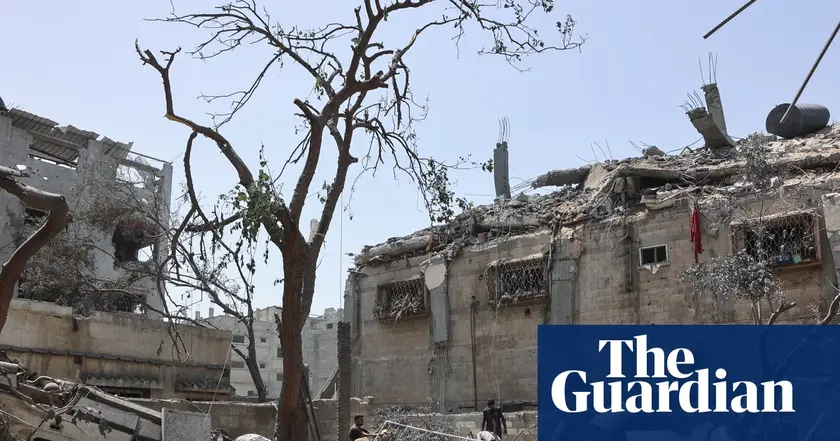
Israel Gaza City plan flagged for risk

Brewers claim top power ranking after trade deadline
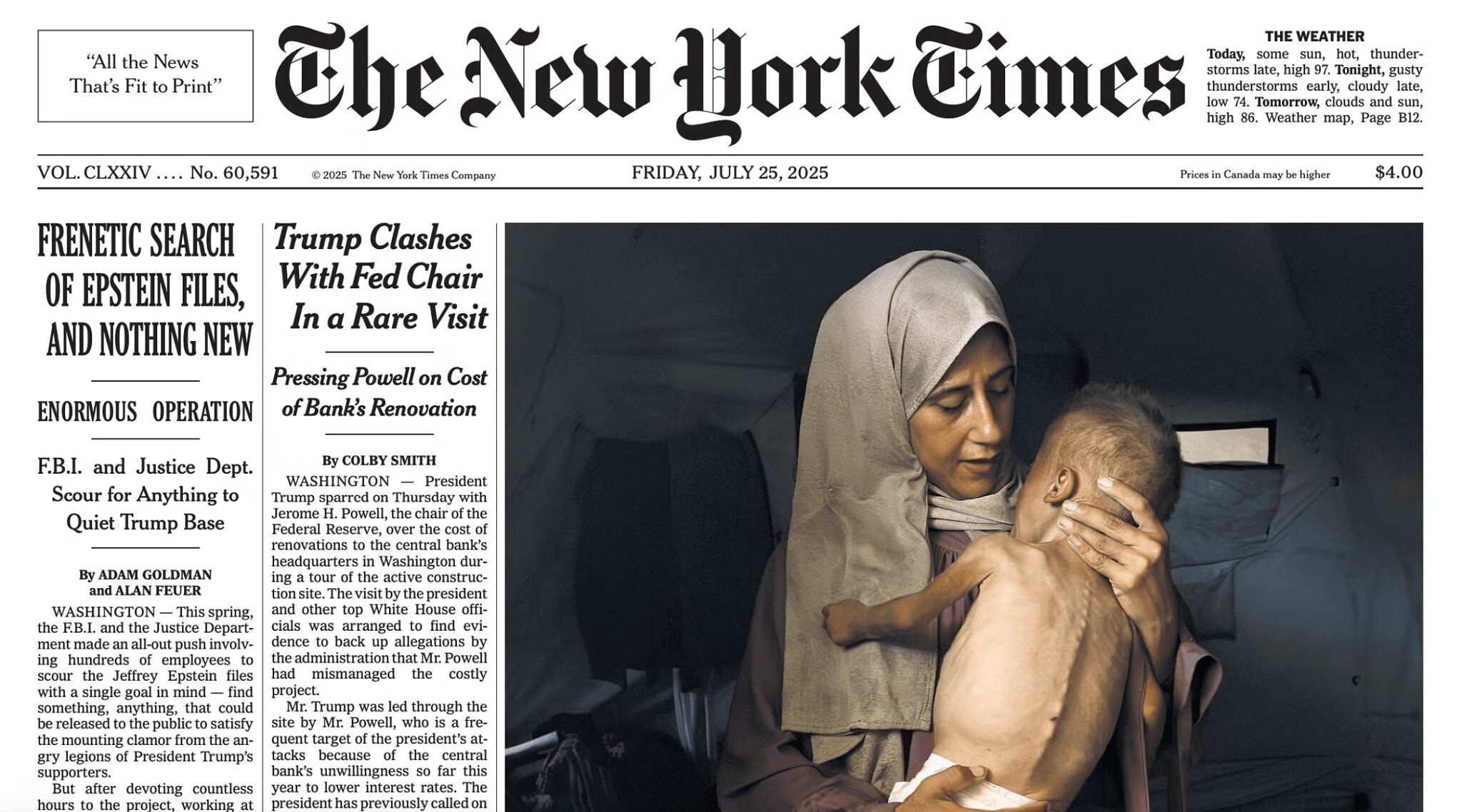
New York Times corrects story about Gaza child
Documentary Investigates Iconic Vietnam Photo Controversy
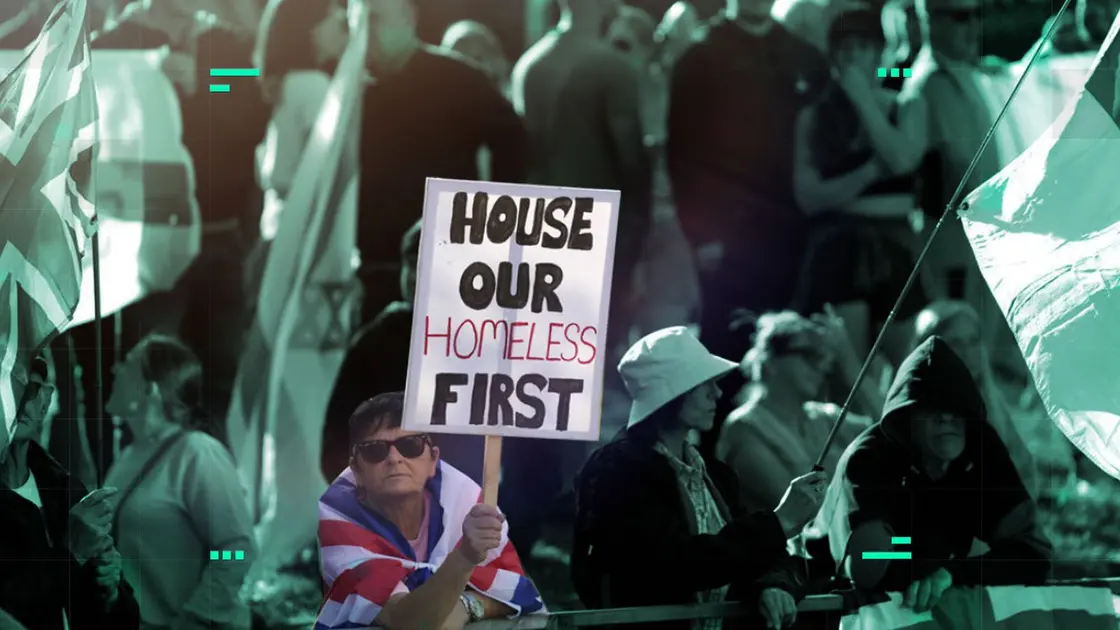
UK grapples with hotel housing as asylum claims peak
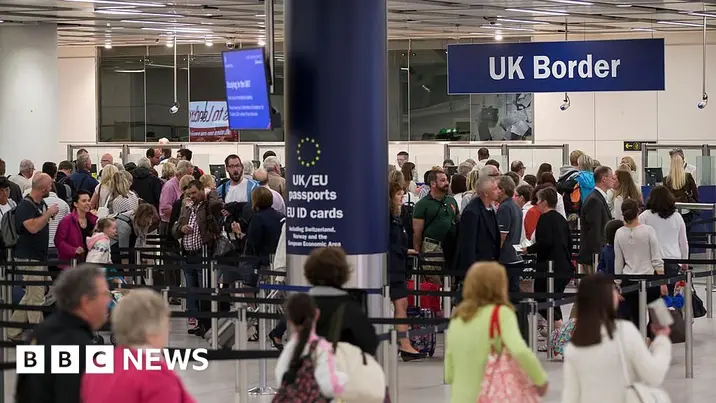
Record asylum applications in UK

UK asylum data shows cautious progress

Violent protests in Epping linked to disinformation
